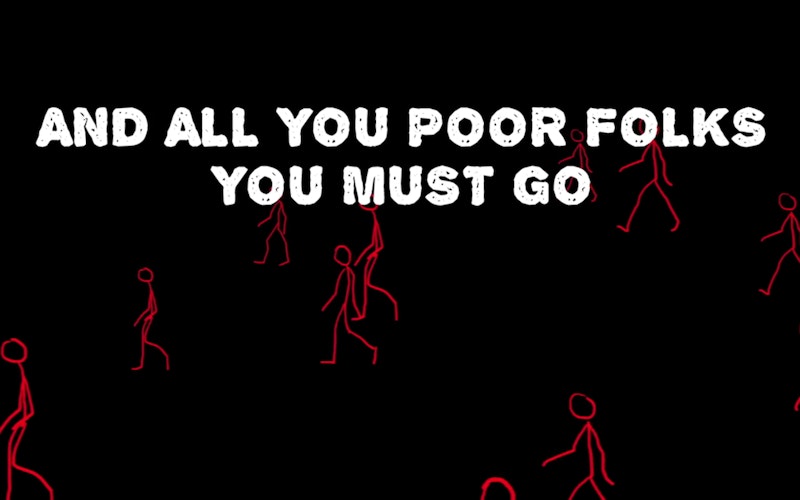
Music
A Tribe Called Quest's Prophetic Vision
The year was 1991. I was a 14-year-old kid living in South Bend, Ind. It was there and then that I first heard the music of A Tribe Called Quest. My brother and I had the song “Scenario” on repeat. Tribe offered us a connection to a world light years away from our suburban, small-town, Midwestern existence, introducing us to a more dangerous, exciting, and culturally diverse experience. Five years later, as a Rutgers University student, I became intoxicated by the culture of the New York area. The lyrics of Tribe came to life and provided me with an education about the electric environment I was experiencing: the city, its people, and a world of hip-hop with which I longed to connect. And so when We got it from Here… Thank You 4 Your service was released last year, Tribe’s first album since 1998, this 40-year-old longed to relive the sensation of their music.
On We got it from Here... Thank You 4 Your service, Tribe takes us on a musical journey that is equal parts political, urban, revolutionary, aggressive, prophetic, and smooth. They are able to do what few musicians can: combine mellow rhythms with the edge of social justice-driven hip-hop poetry. This effort reminds fans of why we first fell in love with the group. The album seamlessly vacillates between the 1990s and today, jazz and hip-hop, social anger and urban chill. In their anger, Tribe raises a critical question for the American Christian. Does our vision of redemption include all people, regardless of their economic or ethnic backgrounds? If so, how do we work toward that? By raising such a query, Tribe offers a Jeremiah-like prophetic voice, speaking truth to power and addressing the idolatry and inequality so present in the United States.
Tribe’s skilled use of vocabulary and storytelling is in on full display in songs like “Kids,” “Conrad Tokyo,” and “Ego.” “Ego” is especially noteworthy, as it is a spiritual exploration of the motivations behind achievement, similar to that in Ecclesiastes. Another song, “Dis Generation,” provides both praise and admonishment for today's musical artists. “Melatonin,” meanwhile, unapologetically celebrates their own dark skin, firmly rejecting the historic American notion that it represents a liability.
Does our vision of redemption include all people, regardless of their economic or ethnic backgrounds?
It is also heartwarming to hear Malik “Phife Dawg” Taylor, who died last year before the album was released, reincarnated for a number of tracks. His influence in the group, when stylistically contrasted with the vocals of Q-Tip, is what has always given their music texture. True fans await Phife’s lyrical intensification in the same way that fans of the Jacksons anticipated Michael's second-verse high tenor notes. On “Lost Somebody,” Tribe eulogizes Phife Dawg beautifully.
As someone who teaches political science for a living, I found myself most intrigued by the album’s social commentary. On “The Donald,” Tribe highlights the strong connections between hip-hop and President Donald Trump. The braggadocio of the rap game, in which men become famous for their hubris, conquest of women, and glorification of material possessions, is quite similar to our current president's lifestyle. “We the People,” however, is the most consequential work on the album. It confronts both gentrification and xenophobia, while making an effort to redefine an important American constitutional principle. Who are “the people”? Does this populist identity belong to the poor minority groups who have suffered years of second-class citizenship, as described by Q-Tip, or the non-minority rural citizens who feel disaffected and forgotten, as described by Trump?
Perhaps it’s both. If we allow common struggle to unite rather than divide us, we can all embrace an identity as “we the people.” For the American Christian, this is especially significant, as our faith supports this conclusion. Inequality is human, not God-inspired, as in our original state we are truly the same. A Tribe Called Quest uncomfortably and poignantly reminds us of America’s struggle to apply this principle to all of its citizens.
Topics: Music, Culture At Large, Arts & Leisure